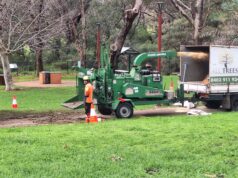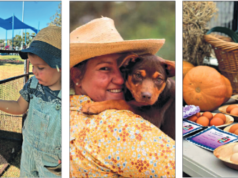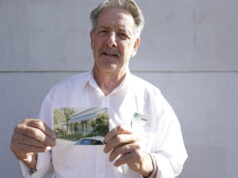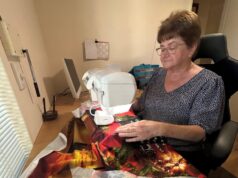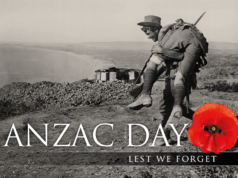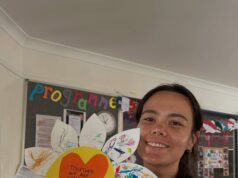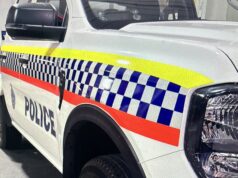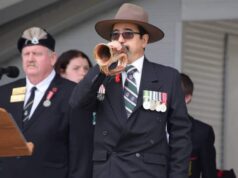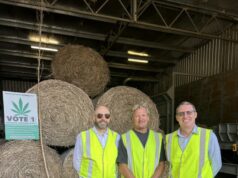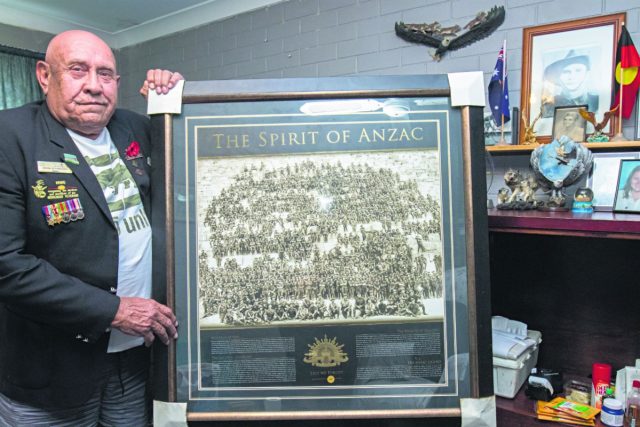
From a small front-facing living room in central Armadale, one man has had a huge effect on the recognition of Aboriginal Australians who have served in war.
Vietnam veteran John Schnaars has become renowned in pubs, clubs and memorials across Australia due to his work ensuring Aboriginal servicemen receive their due recognition.
The work has taken Mr Schnaars right across the country, as he makes connections with families who had either failed to receive recognition, or were not aware their veteran family member was due a memorial.
“There are a lot of Aboriginal servicemen, many who died overseas or back home, that weren’t remembered. There’s a lot buried in unmarked graves,” he said.
“So my work has basically been about making sure they’re remembered. They left the country to protect this country, with the thought in their mind they were protecting us. They deserve to be recognised for it.”
Mr Schnaars signed up for the Army when he was 20 years old in 1966, in the middle of the Vietnam War.
“It was national service then, but I was turning 20, so I thought instead of waiting for my number to come up, I’ll volunteer.
“So I filled out all the paperwork, saying I was ready to volunteer. Two or three weeks later I got a letter back, saying I wasn’t wanted – something along those lines, it was a while ago.
“So I drew up another letter. This one said, ‘This isn’t going to look that good in the media, when I’m volunteering and you’re knocking me back, especially when you’ve got other fellas who don’t want to be there’.
“So then a few weeks later, I was in.”
It was never really a question for Mr Schnaars.
Military service is in his blood; he is just one of many family members, stretching back 100 years, who have served.
“People say, ‘why did you do that?’, and I say, well, I had four great-uncles on my mum’s side who served, and only one came home,” he said.
“And then I had more uncles in the Second World War, as well as my dad and his brothers.
“My great-grandfather served in the Boer War, my brother served in Malaya. One of my dad’s uncles is buried in New Guinea.
“So it wasn’t ever really a question, it was just what I knew I wanted to do. There’s so much pride in it in my family. It’s probably why I ended up doing what I do now.”
Mr Schnaars’ work is important: it is believed one in five Australian servicemen who travelled to Vietnam were Aboriginal or Torres Strait Islander.
On the 52nd anniversary of the Battle of Long Tan on August 18, Veteran’s Affairs minister Peter Tinley recognised Mr Schnaars commitment to uncovering the sometimes-lost names of those servicemen, and the growing drive to ensure they are recognised.
“The Vietnam War, Australia’s largest force contribution to a foreign conflict since World War Two, solidified the reputation of Australia’s armed services as determined and courageous men and women who placed a high value on mateship and teamwork,” he said.
“The contribution of Aboriginal veterans deserves a special mention.”
For Mr Schnaars, who is admittedly getting older, it’s getting harder for him to travel, but the going awareness has filled him with pride.
“It’s getting harder, my wife wants me to stop because it’s taking a lot out of me,” he said.
“But it’s important to me, as important as it’s ever been. There’s still more names out there, and I hope the younger fellas can pick up the work. It’s about our past and our people, and we can’t forget it.”
You can support Mr Schnaar’s memorial benefit by going to his Gofundme page.




